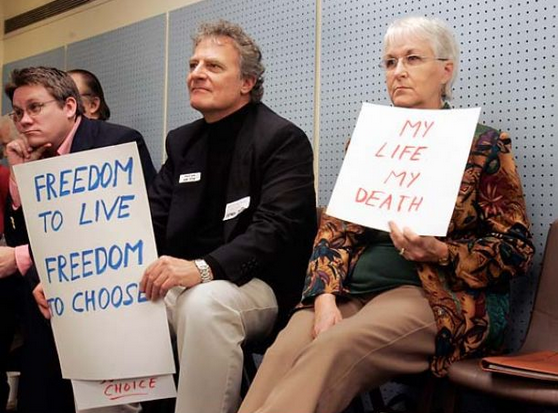
On Sept. 17, Professor Stephen Hawking publicly acknowledged his support for assisted suicide during an interview with Reuters.
Assisted suicide, also known as euthanasia, is a way of peacefully killing a patient through medical means in order to deliver that patient from suffering. This medical procedure, however, has been frowned upon by many people who believe there is no justification in killing.
Due to such great opposition, euthanasia is currently legal in only a few places including Canada, France, China and four American states. The ongoing discussion of the justifiability of assisted suicide is very complicated because the arguments involved include various aspects of culture, religion, morality and even legality.
For such fiercely debated issue, it is not surprising that a public figure’s opinion, especially that of someone who has a personal connection to the story, brings a huge impact.
At the age of 21, Professor Hawking was diagnosed with Amyotrophic lateral sclerosis (ALS) and told by his physician that he had only two or three more years to live. Although he outlived the diagnosed time period and gained a great fame as author of the international bestseller “A Brief History of Time,” motor neuron disease crippled his daily life. Because he has no hope of improving, the 71-year-old professor is in a position to empathize with those who are debilitated by disease and may want to end their pain.
“I think those who have a terminal illness and are in great pain should have the right to choose to end their lives, and those who help them should be free from prosecution,” Hawking told the BBC.
Hawking’s statement made some changes to young people’s thoughts.
“Although I still believe there is reason behind everything, I don’t think it is neither morally nor legally right to force someone to live and suffer,” stated Christine Change, a senior at Woodbridge High School.
People who knew about Hawking’s condition were further impacted.
“It breaks my heart to know Professor Hawking’s genuine thoughts on the topic. People should be allowed to make choices in pursuit of their happiness. Their rights to die should be preserved,” said Stacy Hong, a college student at Orange Coast College.

